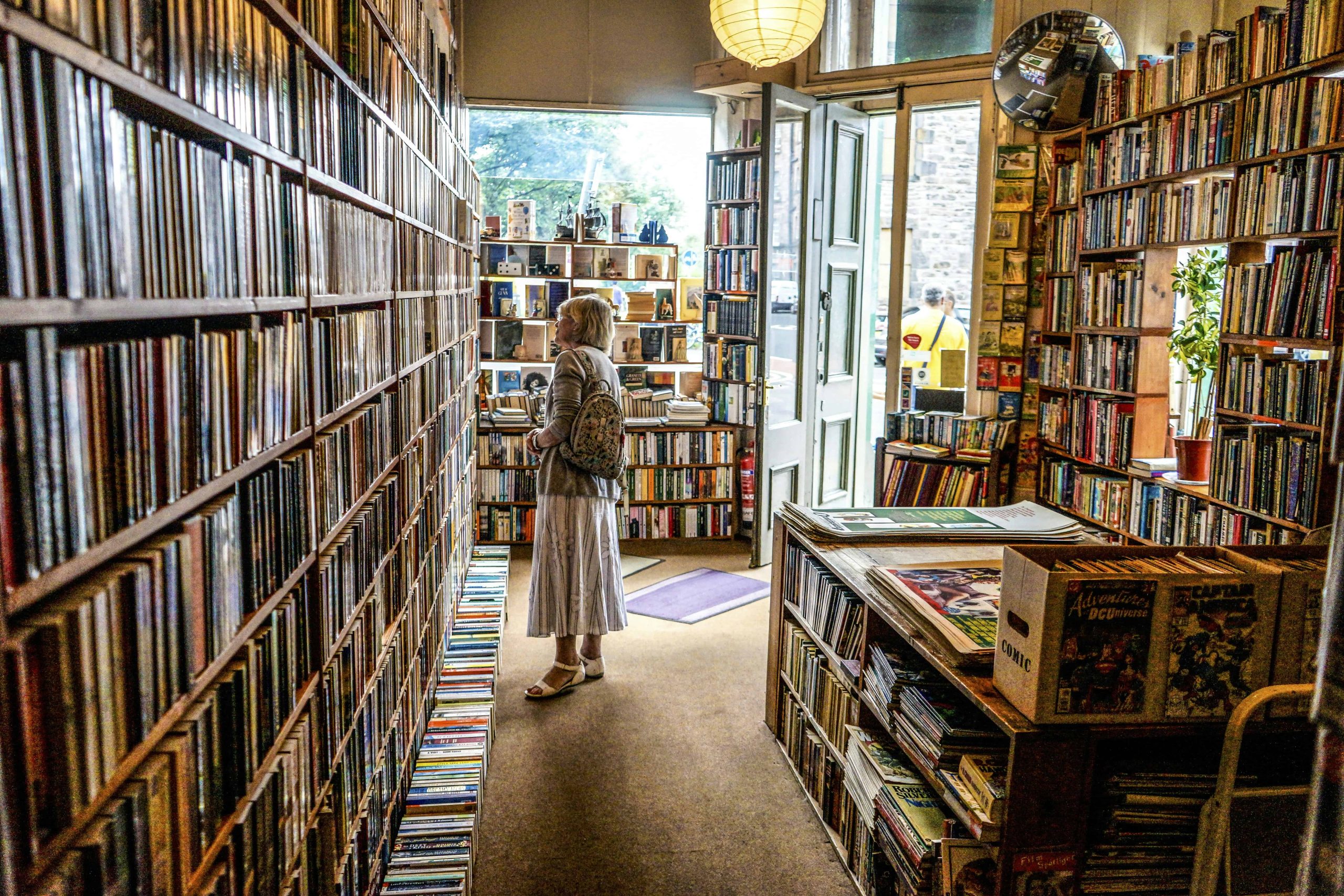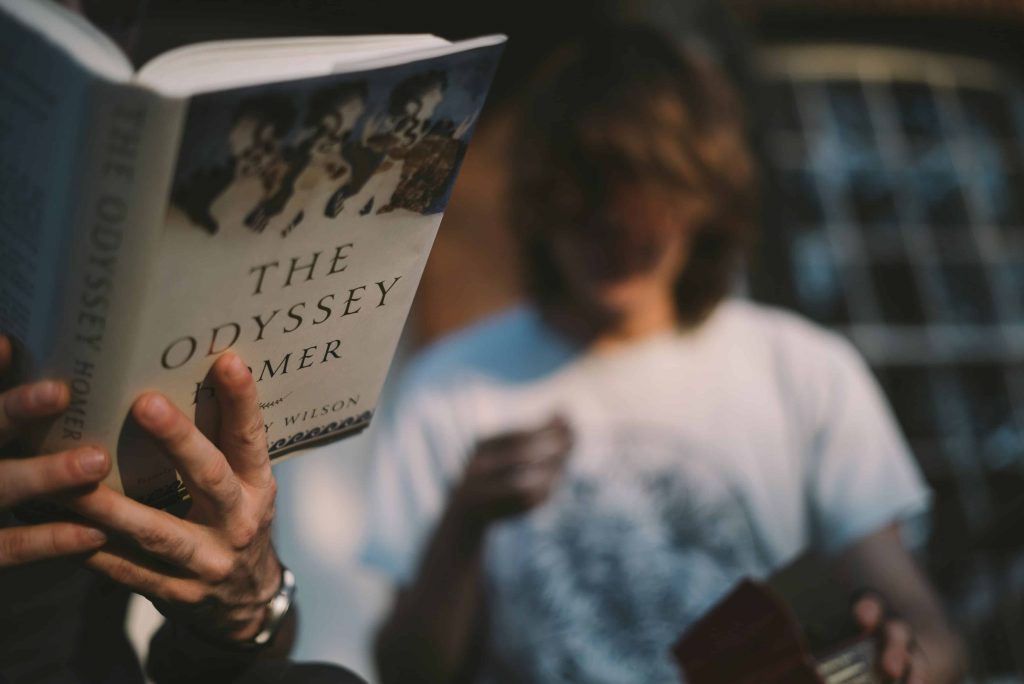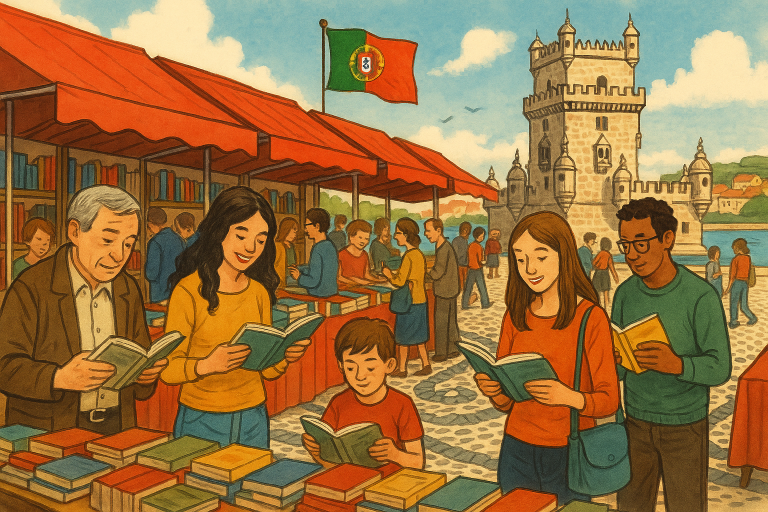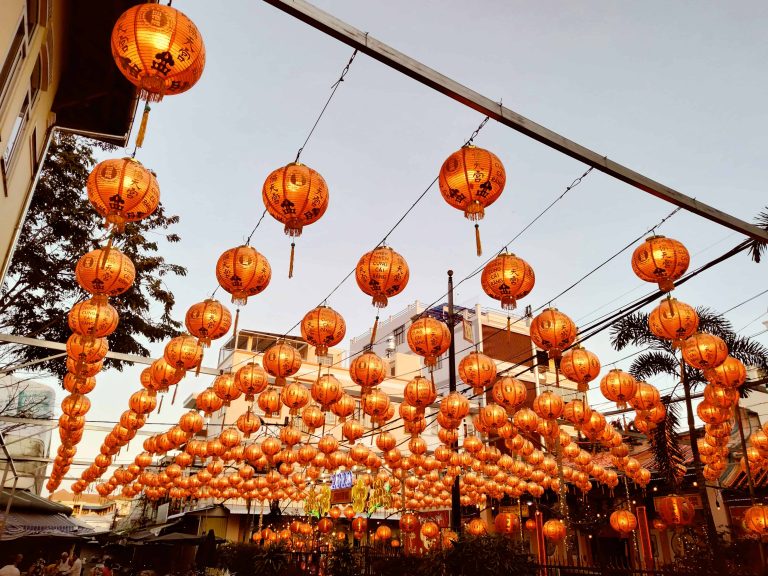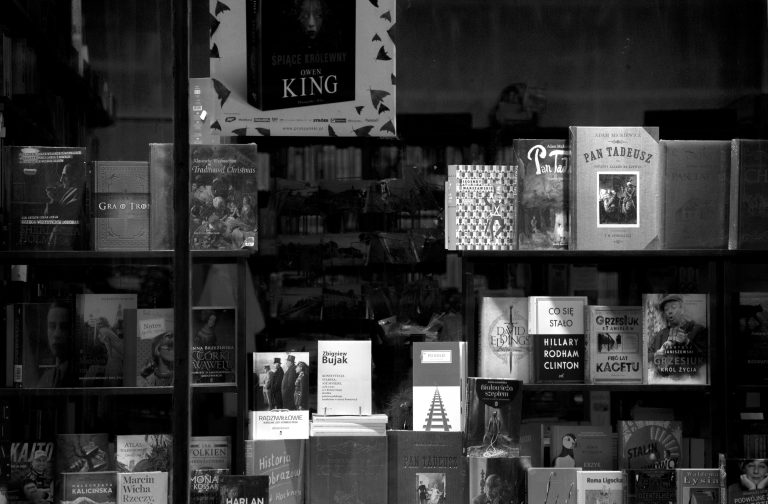Emerging Genres in Portuguese Literature: Exploring New Horizons
Portugal boasts a rich literary tradition dating back centuries, from the epic poetry of Camões to the modernist experimentation of Fernando Pessoa. However, in recent years, there has been a notable surge in interest in contemporary Portuguese literature. Alongside this resurgence, we witness the emergence of new literary forms and styles, ushering in a fresh wave of creativity and innovation. In this article, we delve into the concept of “emerging genres” within Portuguese literature, highlighting their defining characteristics and cultural significance.
Specific Emerging Genres in Portuguese Literature
Magical Realism
Magical realism, characterized by the seamless blend of fantastical elements into everyday reality, has found fertile ground in Portuguese literature. Authors like José Saramago and Mia Couto have masterfully woven magical elements into their narratives, creating enchanting worlds that blur the lines between the mundane and the extraordinary. Themes of identity, history, and colonialism often permeate these works, offering profound insights into the Portuguese cultural psyche.
Eco-Literature
In response to growing environmental concerns, eco-literature has emerged as a poignant genre within Portuguese literary circles. Writers such as Teolinda Gersão and Gonçalo M. Tavares explore themes of ecological degradation, sustainability, and human interaction with nature. Through their evocative prose, they challenge readers to confront pressing environmental issues while reflecting on their own relationship with the natural world.
Afrofuturism
A genre marrying sci-fi with African and diasporic narratives, resonates in Portuguese literature, notably through authors like Djaimilia Pereira de Almeida. Their works delve into race, identity, and belonging through futuristic perspectives, enriching literary discourse with fresh insights into cultural narratives and societal dynamics.
Impact and Significance
The emergence of these new genres has had a profound impact on the Portuguese literary landscape. Not only do they diversify the range of voices and perspectives in literature, but they also serve as a reflection of contemporary Portuguese society. Through their exploration of themes such as cultural identity, environmental consciousness, and urban life, these genres provide valuable insights into the pressing issues facing modern Portugal.
Conclusion
The flourishing of emerging genres in Portuguese literature marks a vibrant era of creativity and introspection. From the magical realism of Saramago to the ecological explorations of Gersão and the Afrofuturist visions of Pereira de Almeida, these genres not only expand literary boundaries but also mirror societal concerns, enriching the cultural tapestry of modern Portugal with diverse narratives and profound reflections on contemporary issues.
Uncover hidden literary gems and uncover the pulse of Portugal’s literary scene with our in-depth exploration of the country’s most anticipated literary gatherings.

